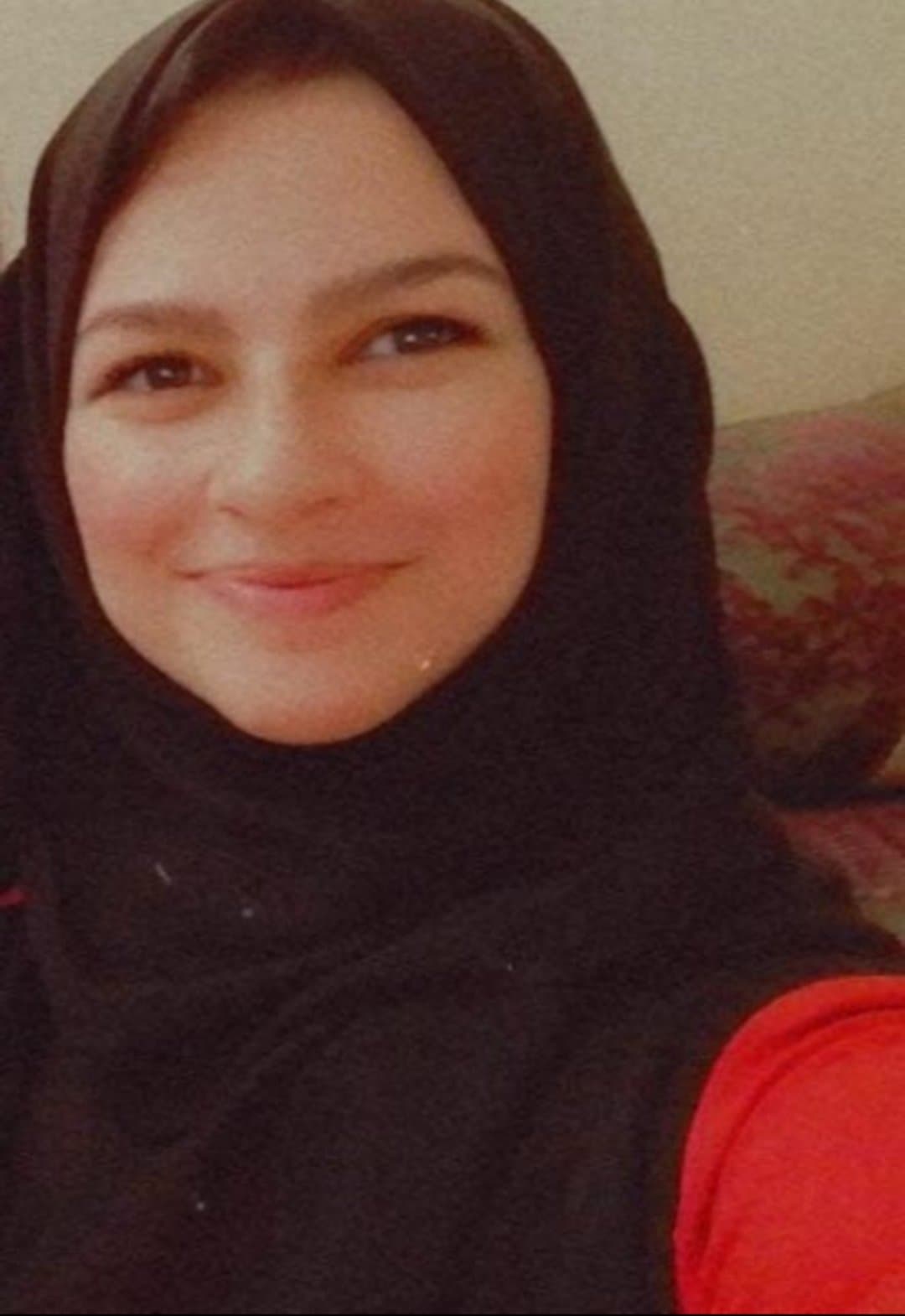تؤدي وسائل الإعلام وظائفها بمساعدة اللغة، على اعتبار أنها تحقق مبدأ التواصل بين المرسل والمتلقي، وتعمل على تزويد الناس بالأخبار الموثوقة والمعلومات الدقيقة لمساعدتهم على تكوين رأي خاص بهم حول واقعة من الوقائع أو قضية من القضايا.
فالإشكالية التي تدور حول علاقة اللغة العربية بوسائل الإعلام التقليدية منها أو الرقمية، إشكالية يعتريها الكثير من الجدل، وتطرح أكثر من علامة استفهام حول سلامة اللغة الإعلامية.
ومع التطور التكنولوجي الحاصل صار التحدي أكبر، وصارت المؤسسات الإعلامية مطالبة ببذل مجهود مضاعف فيما يتعلق بخلق التوازن بين عامل السرعة في نشر الخبر، والجودة من حيث اللغة المستعملة على مستوى الوحدات المعجمية.
وقد برزت مؤخرا إشكالية الازدواجية اللغوية، حيث تراجعت اللغة العربية الفصحى وتزايدت ظاهرة الكتابة باللهجة العامية، وراحت بعض وسائل الإعلام تُقحم مصطلحات باللغة الدارجة لتحل محل اللغة الفصحى، لدرجة أن بعض الجرائد والمجلات أضحت تفضل كتابة مقالاتها باللهجة العامية.
وتعتبر اللهجة العامية ميدانا مهمًّا للأبحاث في المجال اللغوي، ومن هنا تأتي ضرورة دراسة العامية والفصحى في الصحافة المكتوبة بالمغرب، دراسة علمية تقوم على الوصف والتحليل ورصد المفردات المستعملة من قبل الصحفيين.
ومن خلال مجموعة من الأبحاث، تبيّن أن نسبة كبيرة من الألفاظ والتراكيب المستعملة على ألسنة الناس في المغرب تنتمي إلى الفصيح، بل والكثير مما يظنه الناس عاميا دارجا هو من صميم الفصحى، وإن أصاب بعضه شيء من التحريف أو الإبدال أو الحذف أو الزيادة.
في دراسة أنجزتُها لمتن كل من جريدة "المساء" وجريدة "الصباح" وجريدة "الأحداث" المغربية، عن طريق جرد عينات من الكلمات المستعملة -سواء المقترضة أو ذات السجل اللغوي غير المعياري- التي يستعملها الصحفيون في كتاباتهم، رصدتُ حضورا قويا لكلمات مقترضة وعامية لا وجود لها في المعجم العربي. وسأذكر هنا بعضا منها:
من جريدة "المساء" وجدت كلمة "تورتة"، وهي مشتقة من الكلمة الفرنسية "tarte"، ولها مرادف باللغة العربية الفصحى وهو الكعكة أو الكعكة المحشوة.
نفس الكلمة وجدتها في مقالات عدة لمجموعة من الجرائد تارة "تورتة" وتارة "طورطة" وتارة أخرى "طورتة"، ووجدتها أيضا بصيغة الجمع عشرات المرات "تورتات" أو "طورطات" أو "طورتات" وأيضا "الطارطات" في جريدة "الصباح".
على صفحات جريدة "الأحداث" المغربية، وقفتُ عند كلمة "ليسي باسي" (Laissez-Passer) الفرنسية وتعني "دعه يمرّ"، وهي "وثيقة مرور" أو "وثيقة سفر" لمن ليست لديه جنسية أو لا يحمل جواز سفر.
كما وجدت كلمة "صولد" (Le solde)، وهي كلمة فرنسية لها معنيان: الأول "الرصيد" والثاني "التخفيض"، والصحفي في سياق مقاله كان يقصد المعنى الثاني أي "تخفيض الأسعار". ووجدتها تُجمع على "صولدات".
في الجريدة نفسها، وجدتُ لفظة "باركينغ" (Parking)، وفي جريدة "الصباح" وردت مقترنة بأل التعريف "الباركينغ"، وهي كلمة تستخدمها اللغتان الإنجليزية والفرنسية وتعني "المرآب" أو "مرآب السيارات" بالفصحى.
كلمتا "كادو" "كاديوات" وجدتهما في مقالات عدة، وأذكر هنا أن صفحة "عالمك سيدتي" من جريدة "المساء" وظفت كلمة "الكادو" (le cadeau) أكثر من مرة، وهي كلمة فرنسية تقابلها في الفصحى لفظة "الهدية".
الملاحظ هنا أن الكلمات المستعملة هي من لغات أجنبية كتبت بحروف عربية، ويصعب وأنت تقرأ المقال أن تنطقها بشكل سليم كما لو كانت مكتوبة بحروف لغتها الأصلية، وبالتالي يصعب فهم معناها من طرف العامة. والملاحظ أيضا أن لتلك الكلمات مقابلاتها في اللغة العربية، فلمَ اللجوء إلى لغة أخرى؟
بالإضافة إلى الصحافة المكتوبة، فإن معظم وسائل إعلامنا العربية -المرئية منها أو المسموعة- صارت تستعمل اللهجات المحلية عوضا عن الفصحى، علما بأن لهجاتنا لا تتقيد بقواعد اللغة المعيارية. وحين ينطق المتحدث باللغة التي تزاوج بين الفصحى والعامية، يغلب عليه أن ينطق بالكلمة الفصيحة كما ينطق بها في اللهجة، فيرفع المنصوب وينصب المرفوع ويجزم المجرور.
وبالتالي، برزت موجة من الإعلاميين والمثقفين ممن يميلون إلى مخاطبة جمهورهم باللغة العربية الفصحى الممزوجة بالعامية، في محاولة منهم -"حسب وجهة نظرهم"- للتقرب من جميع الفئات والشرائح المجتمعية، خاصة الفئة الأمية.
غالبا ما أسمع نفس المبرر وأجيب بنفس الطريقة: كيف تفسر أن جدتي التي لم تمسك يوما ورقة وقلما، ولا فكرة لديها عن عدد حروف اللغة العربية، ولا تفقه شيئا عن قواعدها، منذ أن وعيتُ وأنا أراها جالسة أمام قناة الجزيرة تتابع آخر الأخبار والمستجدات وتتفاعل مع كل ما يقال، بل وتناقش ما هي بصدد مشاهدته، وتفهم جيدا كل جملة وكل تفصيلة دون حاجة إلى مترجم إلى العامية؟ جدتي ليست استثناء، فهي تمثل شريحة عريضة من مجتمعنا.
هنا أطرح مجموعة من التساؤلات: هل باستطاعة وسائل الإعلام اليوم تثبيت دعائم اللغة العربية وإحداث نقلة نوعية في مسار تطويرها؟ ثم ما هي الكيفية التي يمكن اتباعها لإيجاد التوازن بين الفصحى والعامية حتى نحافظ على العربية من الاندثار؟ وما السبب وراء تدهور لغة الإعلاميين؟ وأين هي وظيفة المدقق اللغوي؟ ألا توجد قوانين تلزم المؤسسات الإعلامية باستعمال الفصحى وضمان دقتها وسلامتها؟
فاللغة كما قال الدكتور خالد الكركي في محاضرة ألقاها في المؤتمر الإقليمي حول التميز التربوي في عمان يوم 10 أغسطس/آب 2017؛ "هي هوية الأمة في بعديها القومي والديني، ووعاء تاريخ الأمة وثقافتها وعلومها. واليوم، الثقافة العربية هشة أمام الآخر، واللغة العربية تقف في عزلة عن ألسنة أهلها... نشرع أبوابنا لكل لهجة، ونطبع كتبا بالعامية، ونترك الأمية تبحر أنّى شاءت في الديار والقفار".
هذا لا يعني أن بين الفصحى والعامية عداوة، بل إن كل واحدة منهما تكمّل الأخرى، لكنها في المقابل لا يمكن أن تحلّ محلها.







































